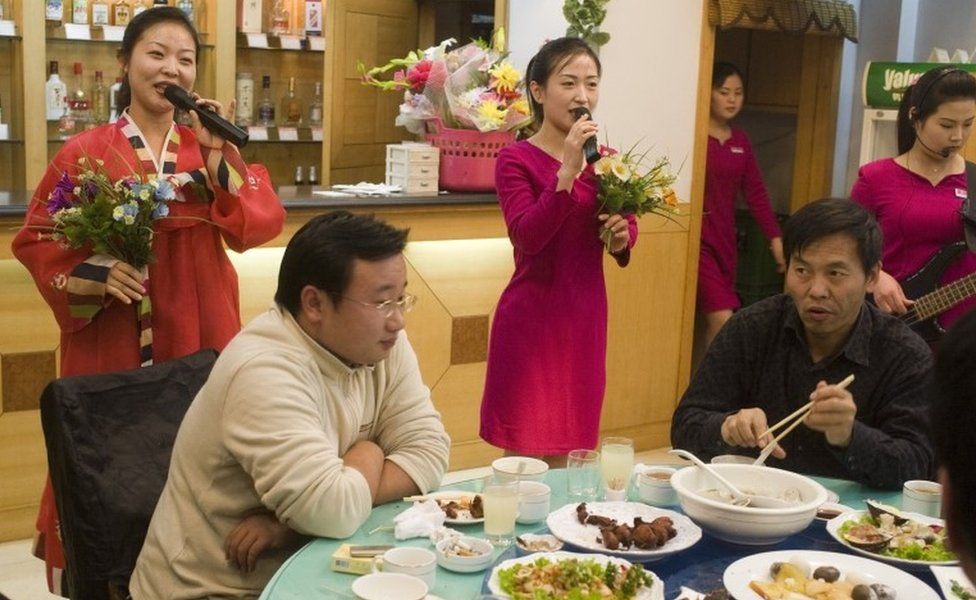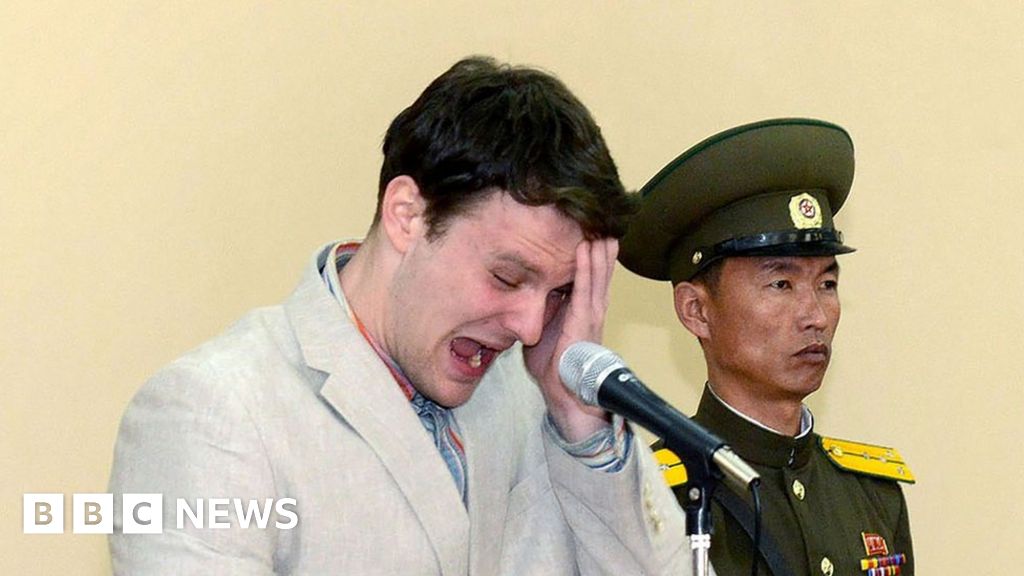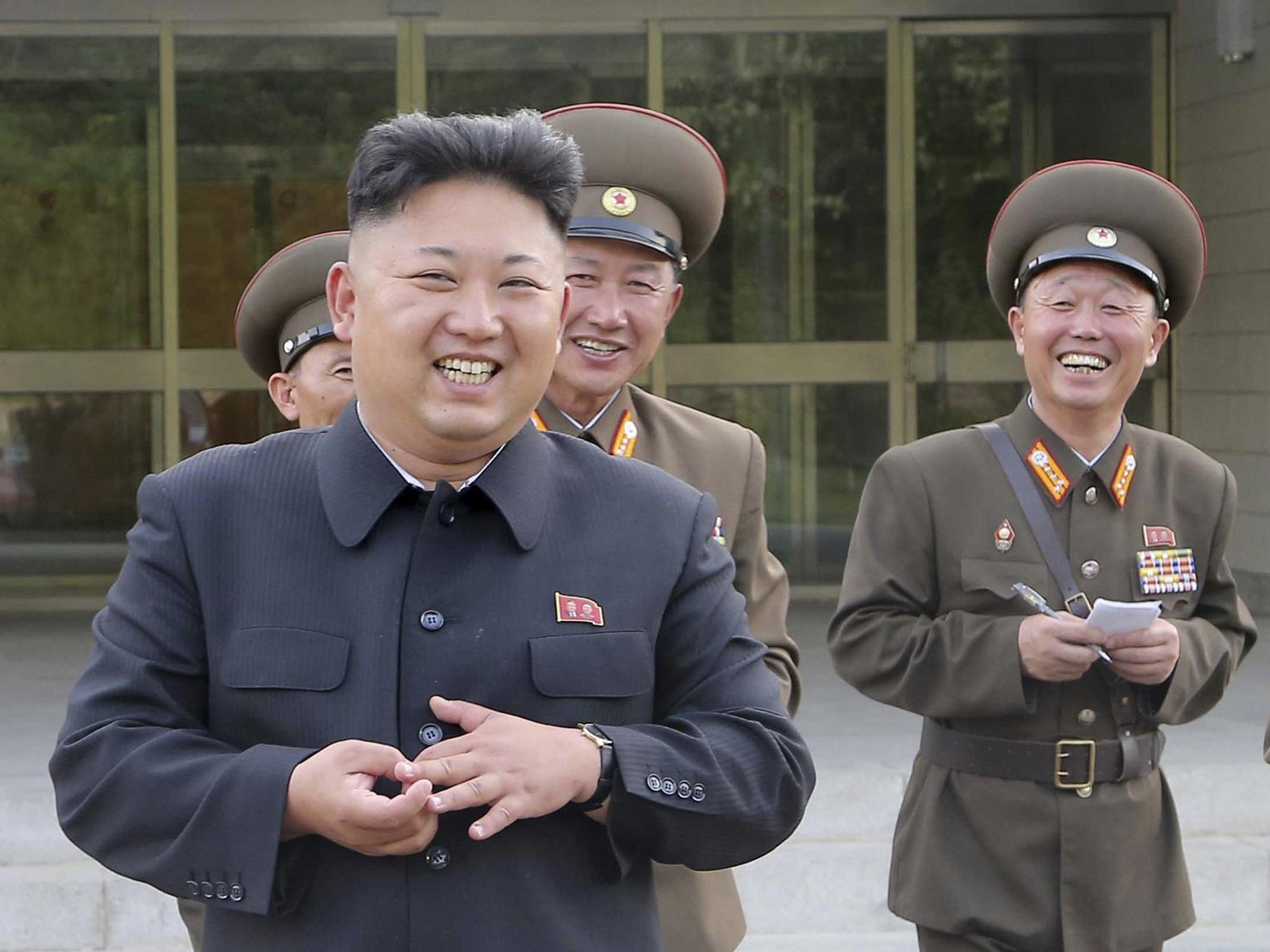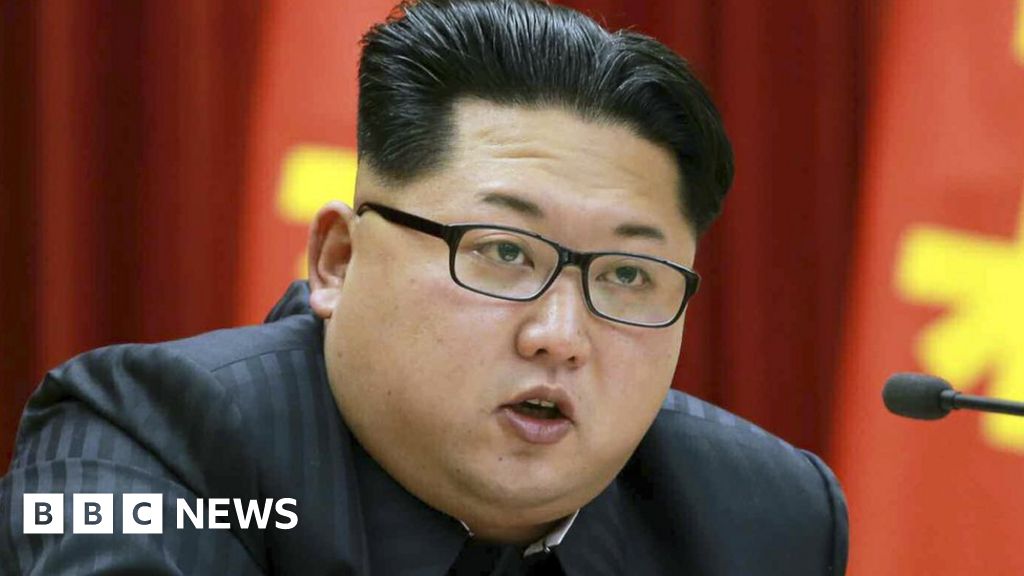

Restrictions are also placed on the foreign journalists that are allowed into the country under supervision, though many are not permitted to enter. Domestic media and the population itself are not allowed to carry or read stories by foreign media and can be punished for doing so. Only news that favours the regime is permitted, whilst news that covers the economic and political problems in the country, or criticisms of the regime from abroad is not allowed. Journalists who do not follow the strict laws face punishment in the form of hard labour or imprisonment, even for the smallest typing errors. Candidates for journalism school must not only prove themselves ideologically clean but also come from politically reliable families. Īll North Korean journalists are members of the Workers' Party.

Media reports in North Korea are often one-sided and exaggerated, playing "little or no role in gathering and disseminating vital information true to facts" and providing propaganda for the regime. The late Kim Jong-il's book, The Great Teacher of Journalists, advises that "newspapers carry articles in which they unfailingly hold the president in high esteem, adore him and praise him as the great revolutionary leader". As of 2020, North Korea occupies the last place on Reporters Without Borders' annual Press Freedom Index. In practice, however, the press is tightly controlled by the state, and the government only allows speech that supports it and the ruling Workers' Party of Korea. Īrticle 67 of the North Korean Constitution protects freedom of speech and freedom of the press. The state news agencies are the only outlets in North Korea. The latest report, published in 2020, puts North Korea at the 180th slot just below Turkmenistan, which is the lowest possible. Reporters Without Borders has consistently ranked North Korea at or near the bottom of its yearly Press Freedom Index since it was first issued in 2002. North Korea now has about four million mobile-phone subscribers-roughly one-sixth of the population and four times the number in 2012, according to an estimate by Kim Yon-ho, a senior researcher at Johns Hopkins University's School of Advanced International Studies. “There is no country which monopolizes and controls successfully the internet and information as North Korea does,” said Kang Shin-sam, an expert on North Korean technology and co-head of the International Solidarity for Freedom of Information in North Korea, a nonprofit based in South Korea. State- run media outlets are setting up websites, while mobile phone ownership in the country has escalated rapidly.

However, new technologies are being made more freely available in the country. Kim Jong-un, who replaced his father as the leader, has largely followed in the footsteps of both his grandfather, Kim Il-sung, and his father. A typical example of this was the death of Kim Jong-il, news of which was not divulged until two days after it occurred. However, the government routinely disregards these rights, and seeks to mold information at its source. The constitution nominally provides for freedom of speech and the press. Jez also explained how all Buxton® water bottles are now entirely made from 100% recycled plastic (rPET) and how the introduction of rPET contributes to reducing carbon emissions across the supply chain.The mass media in North Korea is amongst the most strictly controlled in the world. We hope this was a useful insight into how we deliver our wonderful natural mineral water taken straight from the source here in Buxton." Jez McInerney, Factory and Operations Manager at Nestlé Waters UK, added: "It was fantastic to be able to showcase our innovative processes to BBC Radio 4's Today programme and its captive listeners. By constantly striving to improve our processes, we continue to provide consumers with natural, great-tasting mineral water."

Grant McKenzie, Managing Director of Nestlé Waters UK, said: "As one of the biggest employers in the local area, it is imperative that we train and upskill our employees so they can continue to work in our facilities. The factory employs around 200 people and Buxton® has retrained and upskilled many of these individuals on the new automation processes. Recent investments have allowed Buxton to roll out automation for its bottling process and in its warehouse facilities, which has required a shift in job specifications for factory employees. Buxton® Waters welcomed BBC Radio 4's flagship Today programme to its water factory in Derbyshire, to explain how it processes and bottles its famous mineral water.įactory Manager Jez McInerney explained how Buxton® has implemented automation into its production processes to effectively respond to demand for its mineral water.


 0 kommentar(er)
0 kommentar(er)
